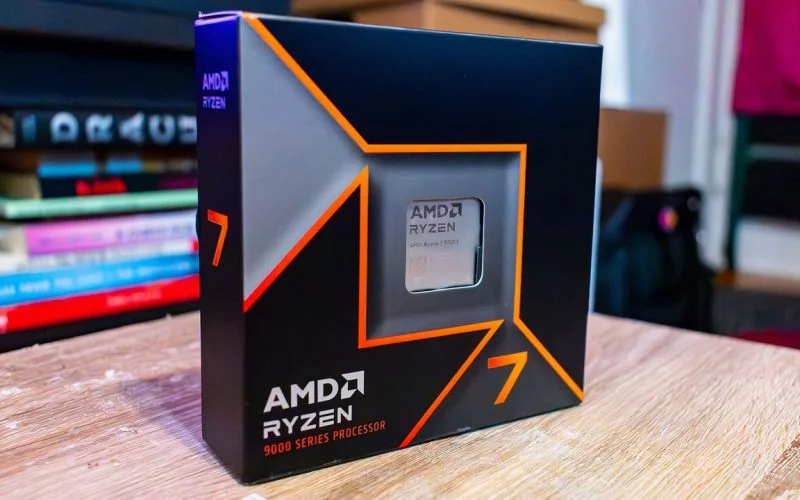A New Approach to Processor Performance
With the release of the AMD Ryzen 7 9700X, AMD seems to have taken a different approach to processor performance compared to its previous lineup. The focus this time around is not just on raw performance, but also on managing power consumption and temperatures more effectively.
The Ryzen 7000 processors faced criticism for running hot, similar to Intel’s 12th-generation Alder Lake processors. However, the Ryzen 7 9700X aims to balance performance and heat output better, prioritizing power limitations over thermal constraints. This means that while there may not be a significant increase in performance out of the box, the chip remains cool under standard settings, providing ample room for overclocking for those seeking raw performance.
The Evolution of Processor Design
Modern processors have become more resilient to high heat, with built-in sensors ensuring they operate below thermal thresholds. AMD and Intel have both embraced this shift by maximizing performance through increased power consumption. However, this strategy has its pitfalls, as demonstrated by AMD’s Ryzen 7 7800X3D overheating due to excessive power delivery from certain motherboards, as highlighted in a Gamers Nexus investigation.
The Ryzen 7 7700X also exhibited high power consumption, drawing up to 136.7W due to a default power limit of 142W. This approach of prioritizing power over temperature can strain CPU coolers and lead to potential overheating issues. While the majority of Ryzen 7000 CPUs may not experience such extreme scenarios, the design philosophy of pushing unlimited power as long as there is thermal headroom has its drawbacks, especially for overclockers.
Enhanced Specifications of the Ryzen 7 9700X
Based on the new Zen 5 architecture, the Ryzen 7 9700X boasts efficiency improvements over its predecessor, the 7700X. With increased cache and a higher IPC (instructions per clock), the 9700X demonstrates improved performance, particularly in gaming workloads.
Featuring 8 cores, 16 threads, and 40MB of cache, the Ryzen 7 9700X delivers a decent boost in gaming tasks. While its max turbo boost slightly increases to 5.5GHz, the real performance gains come from the architectural enhancements and efficiency of the Zen 5 design.
Performance Benchmark of the Ryzen 7 9700X
Despite its lower TDP, the AMD Ryzen 7 9700X showcases superior performance compared to its predecessor, especially in single-core workloads. The architectural improvements allow for a 2-3% increase in multi-core and an 11% boost in single-core performance.
In benchmark tests like Cinebench R23 and 3DMark, the Ryzen 7 9700X outshines the 7700X in various scenarios, demonstrating its efficiency and capability to deliver higher performance with reduced power consumption.
Purchasing Guide
The AMD Ryzen 7 9700X is currently priced at $359, but keep in mind that initial prices for AMD CPUs tend to be higher. Stay tuned for potential price adjustments in the coming weeks.
Written by Jackie Thomas, Hardware and Buying Guides Editor at IGN. Follow her on Twitter
